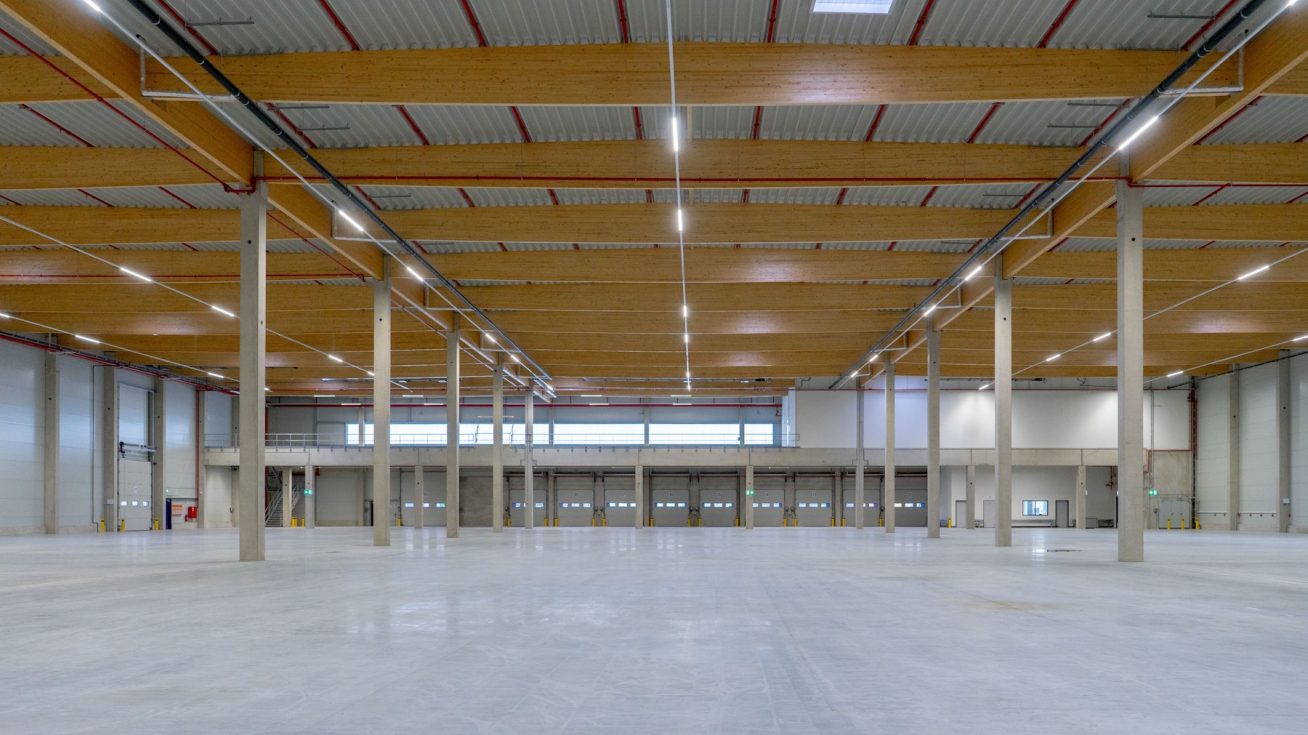The first coliving projects are beginning to operate in the Czech Republic. Some of the major providers include Domeq Apartments in Brno, Youston by KAITA Group, Prague Nomad, The Fizz, and Bro-coli. These projects offer not only housing, but often also shared spaces for work, relaxation and social interaction. The Youston project, for example, transformed the Vítkov hotel in Žižkov into 100 flats in a co-living space with a number of common areas including a dining room, cinema and sauna. In Olomouc, a 1,000-bed student coliving housing project is now being designed by Prospects and is scheduled to open by 2028.
According to estimates, there should be over 10 000 coliving apartments in the Czech Republic by 2030. This growth is driven by the reduced availability of owner-occupied housing and the growing demand for flexible rental housing.
Coliving thus represents a dynamically growing segment of the residential market that responds to the changing needs and lifestyles of modern society. With the rising cost of housing and changes in demographic trends, coliving is becoming an attractive alternative for many people. In the following series of articles, Perspektiv Research will therefore look in more detail at the various aspects of coliving, its benefits, challenges and specific examples of successful projects in Europe and the Czech Republic. We will work with real estate market experts and developers, as well as sociologists, philosophers and other experts on the demographic development of society and its relationship to housing.









